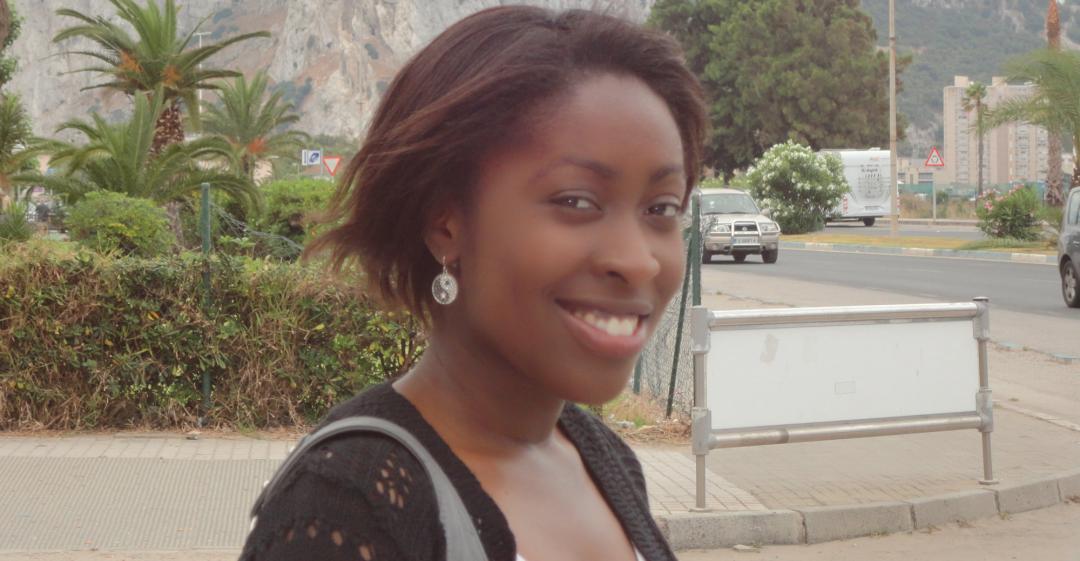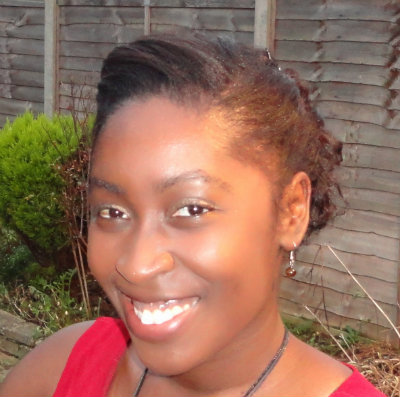“For any new idea that came up, I'd always find a reason why I couldn't do it.”

What work were you doing previously?
I was working in an insurance company, in a systems team.
I was responsible for training, facilitating and implementing new changes, as well as dealing with IT support issues for two finance applications. I was the key point of contact for both applications, dealing with first-line to third-line support queries.
What are you doing now?
I'm working in a medical data science company as a software engineer.
My team is responsible for creating applications in which an external client can visualise, analyse and interpret the findings of models created by data scientists. These models are predictive models across different research areas, such as rare disease detection.
How did you feel in your work before you decided to make the change?
I felt extremely stuck and unmotivated.
I felt that my skills were only relevant to the role I was doing.
I knew what I was interested in but I still felt incapable of doing anything to change the situation I was in. For any new idea or option that came up, I'd always find a reason why I couldn't do it.
This made it difficult for me to see anything else as a possibility.
Why did you change?
I'd got to a stage where I knew my role fairly well, I was meeting goals and pushing to go above and beyond expectations where I could.
I was being offered new opportunities and projects but I still felt like something was missing. I didn't feel inspired and I knew deep down I was meant to be doing something else.
My general mindset was quite negative and I felt drained, so I knew that I had to get some support to move forward.
When was the moment you decided to make the change?
I'd known for a while that I was meant to be doing something else, but it was easier to keep doing what I was doing because it felt 'safe' and I was scared of the unknown.
I spoke to family and friends over and over again and told them I wanted to make a change. They would often come up with suggestions of how I could do it, but at the time I wasn't ready to take them onboard, which would have meant accepting that I might need to go backwards to move forwards, or that a change might not come up in the way I was expecting.
I can't recall the exact trigger that made me decide to 'change', but I do recall it was when I started to feel open and ready to accept that the whole process would be a journey and that I couldn't let the fear of making a mistake hold me back.
How did you choose your new career?
For me, my new role isn't so different from my previous; it's a different industry, but it's still within IT / software engineering.
I think at the back of my mind I always knew my new role was an option, as I already had some experience in it, but I was reluctant to do something just because I had a qualification or background in it.
I took the time to reconnect with what was important to me and what I enjoyed. I started to try out new things in my spare time, I set up informational interviews with people across different areas of interest, and I attended meetups and talks. These actions helped me re-validate my core values; they clearly showed that I enjoyed development and creating things and that my next opportunity should reflect that.
Are you happy with the change?
I'm happy for two reasons: firstly, that I actually made a change and have embraced it, and secondly that the change feels right – it's where I am meant to be right now.
I feel at ease with knowing that even though I've made a change it doesn't mean forever; I can make a change again if I need to.
What do you miss and what don't you miss?
Initially, I missed the familiarity of knowing what I was doing and what was coming next.
But my support network reminded me why I made the change and that it's normal to feel apprehensive, excited and unsure about the unknown.
I don't miss the mindset I was in before; I definitely feel that the process of the shift and my role now has helped to change that.
How did you go about making the shift?
There were various things I did to help me make a shift.
The first thing I had to address was my approach. This was helped by joining the Careershifters Launch Pad, as well as seeking one-to-one support with a career coach.
I carried out Shift Projects to help me clarify what I enjoyed, as well as whether certain options were feasible.
I wanted to ensure that my skills were relevant to today's market (as technology changes so quickly), so I started doing small projects in the evenings and weekends followed by a paid online web-development course to ensure that there was structure to my learning.
Throughout this process, I continued to receive support from mentors and coaches, to keep me accountable to my ultimate goal.
What didn't go well? What wrong turns did you take?
Sometimes I found it hard to recognise the difference between a dead-end and something that required more persistence, especially in the early stages where I was trying to make connections with different people.
I still don't have the answer to this, but I think the more options and avenues I had going at the same time, the less hung up I was if one option was proving unsuccessful. In these cases, I naturally started to pivot and try new things.
For me the process of making a shift felt incredibly long – it was years, in fact – so my motivation and commitment to the change dipped sometimes. I was quite stagnant at certain points.
Also, I didn't realise that something that had worked at the beginning of the journey might not always work indefinitely, so reviewing progress and having check-ins was important.
How did you handle your finances to make your shift possible?
I decided to continue working full-time alongside my shift.
This allowed me to fully finance all my shift projects and activities.
What was the most difficult thing about changing?
The most difficult thing was changing myself.
I was looking to make the perfect change and didn't want to accept anything unless it met every requirement.
I feared that if I did make a change, it was going to be the wrong change, which at times made the process very difficult.
What help did you get? 
I had a lot of support from a career coach, Careershifters, family, friends and new connections that I made along the way.
This helped me stay accountable and provided me the motivation to keep moving forward.
What resources would you recommend to others?
My best resources were people.
Attending events, making connections, talking to friends and family and asking for help opened up more doors. I found that people were willing to share their journeys, as well as things that had failed along the way that I could learn from.
Meetup.com was a very useful resource too; their events were often free and were good opportunities to meet like-minded people.
What have you learnt in the process?
Making a change doesn't mean it has to be forever, nor does it always need to be ground-breaking.
Telling people your story can help to uncover what you really want, identify things about yourself that you didn't know before, and can also be really therapeutic.
Time out from working on your shift is important; it can create that much-needed boost of energy to re-focus.
What would you advise others to do in the same situation?
If a change feels right and you're inspired and motivated by it, it must be the right thing to do.
Once you've decided you want to make a change, don't do it alone. Ask for help and surround yourself with positive energy and people; they'll support you through the lower points in the journey where change feels impossible.
When making a shift, create space for 'me' time (away from the shift) to do something that you enjoy, and don't feel guilty about protecting that time!
Andrea took part in our Career Change Launch Pad.
What lessons could you take from Andrea's story to use in your own career change? Let us know in the comments below.



